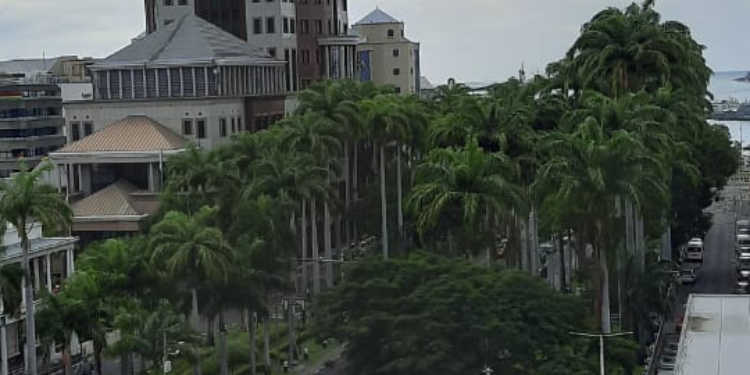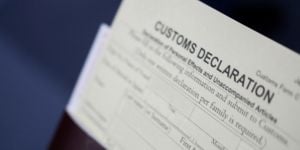
A year after Mauritius' first lockdown, here comes a second COVID-19 wave and a second lockdown. The island had not yet recovered economically from the first lockdown yet. What does it mean for investors? And what if this was a silver lining for anyone wanting to invest in Mauritius?
The policy adopted by the Mauritian authorities to keep the economy afloat is to keep attracting foreign investment and foreign skills. And that is already a reason why you should absolutely think of Mauritius if you want to invest or live abroad. First, there was the launch of the Premium Visa, aimed at offering a renewable one-year residence permit to those wishing to work or simply stay in Mauritius. The initiative was put in place after the first lockdown. This time around, thanks to this visa, expats are entitled to the anti-COVID vaccine for free. This initiative also applies to holders of a work permit or a residence permit. The vaccine is also available free of charge in public establishments as well as in private clinics although you will need to pay a service fee in private hospitals.
Not to mention that the care of patients with Covid-19 in Mauritius remains reliable. According to the authorities, all 150 people tested positive during this second wave and placed in health centers are stable as at today. This indicates that the treatments which are available at the moment have proved their worth, unlike the treatment during the first wave, when the virus was still fairly unknown.
The other advantage that a confined Mauritius can present to expats is that this time is online services which was not the case during the first lockdown. Paying your company's invoices but also other government services such as access to a hotline available to operators on the Economic Development Board website for the employee vaccination campaign. Mauritius is also first in Africa for Ease of Doing Business according to the Mo Ibrahim Index.
The other support which aims to help foreign investors: the Government Wage Assistance Scheme (GWAS). It is an aid to companies founded in Mauritius for the payment of salaries in times of crisis. It mainly aims to help the tourism sector hit hard by the pandemic but also extends to other sectors. This service is available on the website of the Mauritius Revenue Authority. You should know that a foreign entrepreneur can use it as long as his business is registered locally. Note that a Covid Levy of 15% on profits will be imposed on companies that have benefited from GWAS and which will be profitable over the next two years. In the event of no profit, no tax will be levied.
From an economic point of view, it is true that this second lockdown is not going to be a walk in the park. The government has planned to spend Rs 3 billion for employment assistance plans. Not to mention that the Mauritian rupee is losing value, that companies cannot export as before, imports are more expensive… Some of these had already been inherited from the very first lockdown.
According to Sandrine Audrain, expat and owner of Up + Consulting, there is a bright side to everything. The young woman has been in Mauritius since 2017. In France, she was a journalist and TV host. In Mauritius she is a media consultant. "I have no regrets. It's difficult for sure, we can't do as much as we want to develop the business," she says. But the young woman remains optimistic. While economists warn of difficulties in investing in the coming months, the entrepreneur sees opportunities.
"This is the best time, in my opinion, to invest and settle in Mauritius. The government is currently really listening. There are people who lost their jobs last year. But we really feel arms are wide open for those who want to create work, there are more facilities and there is more space in the market ", she emphasizes. Sandrine Audrain adds, as an example, that her resident permit has been extended to ten years. “Initially, this permit was for three years.”



















